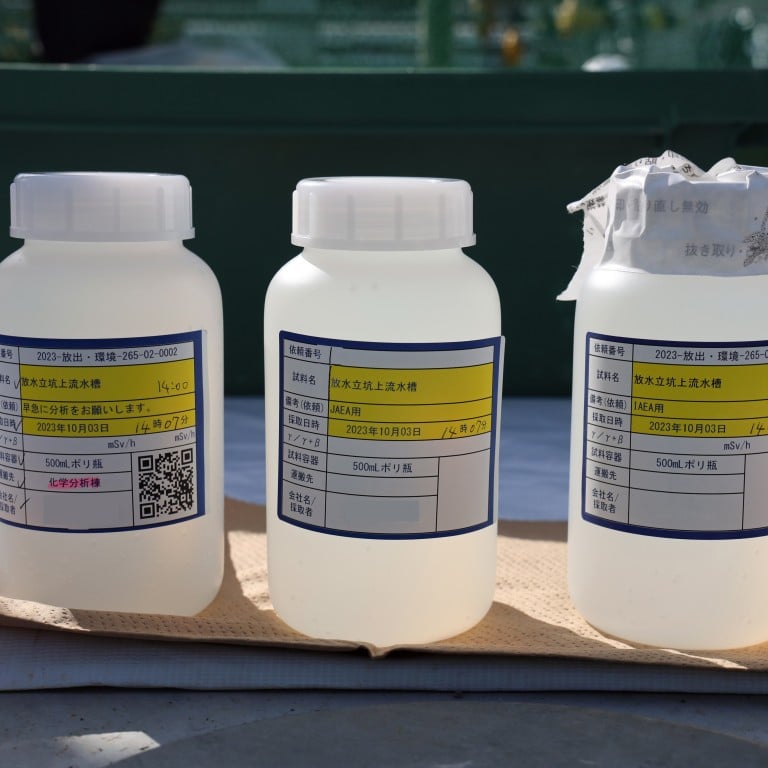
China affirms stance on Fukushima nuclear waste water release in rare ministerial meeting with Japan’s new envoy
- Chinese environment minister tells Kenji Kanasugi that Japan should ‘take responsibility’ for nuclear-contaminated water
- The diplomat has met relatively few ministers since his arrival in December as Tokyo’s ambassador to Beijing
According to a readout from the ecology and environment ministry, Huang Runqiu reiterated Beijing’s position on Japan’s release of treated radioactive water into the sea from the Fukushima nuclear power plant.
“Japan should dispose of the nuclear-contaminated water in a responsible manner and cooperate fully with stakeholders like Japan’s neighbouring countries,” Huang told Kanasugi.
He repeated China’s call for “active participation” between Japan and its neighbours “through the establishment of a long-term and effective international monitoring arrangement”.
Huang added that China is willing to promote Sino-Japanese cooperation in the field of green and low-carbon emissions, the readout said, adding that Kanasugi expressed Japan’s willingness to deepen and expand environmental cooperation with China.
Included in the talks were discussions of exchange visits for young environmentalists from China and Japan, and other matters, the statement said.
Kanasugi, 64, presented his credentials to President Xi Jinping late last month after beginning his tenure on December 19 with a promise to negotiate “tenaciously” with Beijing to resolve the row over Fukushima water discharges.
China is the strongest opponent to the controlled waste water releases from Fukushima into the Pacific since they began last August.
Despite Tokyo’s assurances that the water is treated before discharge, Beijing insists that nuclear elements remain in the water and has banned all seafood imports from Japan.
Since his arrival, Kanasugi has met Liu Jianchao, director of the Communist Party’s International Department and China’s deputy foreign minister Sun Weidong. He has not yet had a meeting with Foreign Minister Wang Yi.
Veteran diplomat is Japan’s pick for China role in bid to cool tensions
Kanasugi has previously said that his task in Beijing is to try and arrange an environment for dialogue and consultations under a broad framework.
The two neighbours need to “work constructively based on science” to find common ground, he said.
Kanasugi, formerly senior deputy foreign minister for economic affairs and chief of Asian affairs, is the first Japanese ambassador to Beijing in seven years who is not one of the “China School”, a group of Chinese-speaking diplomats within the Japanese foreign ministry regarded as advocates of improved ties with Beijing.

